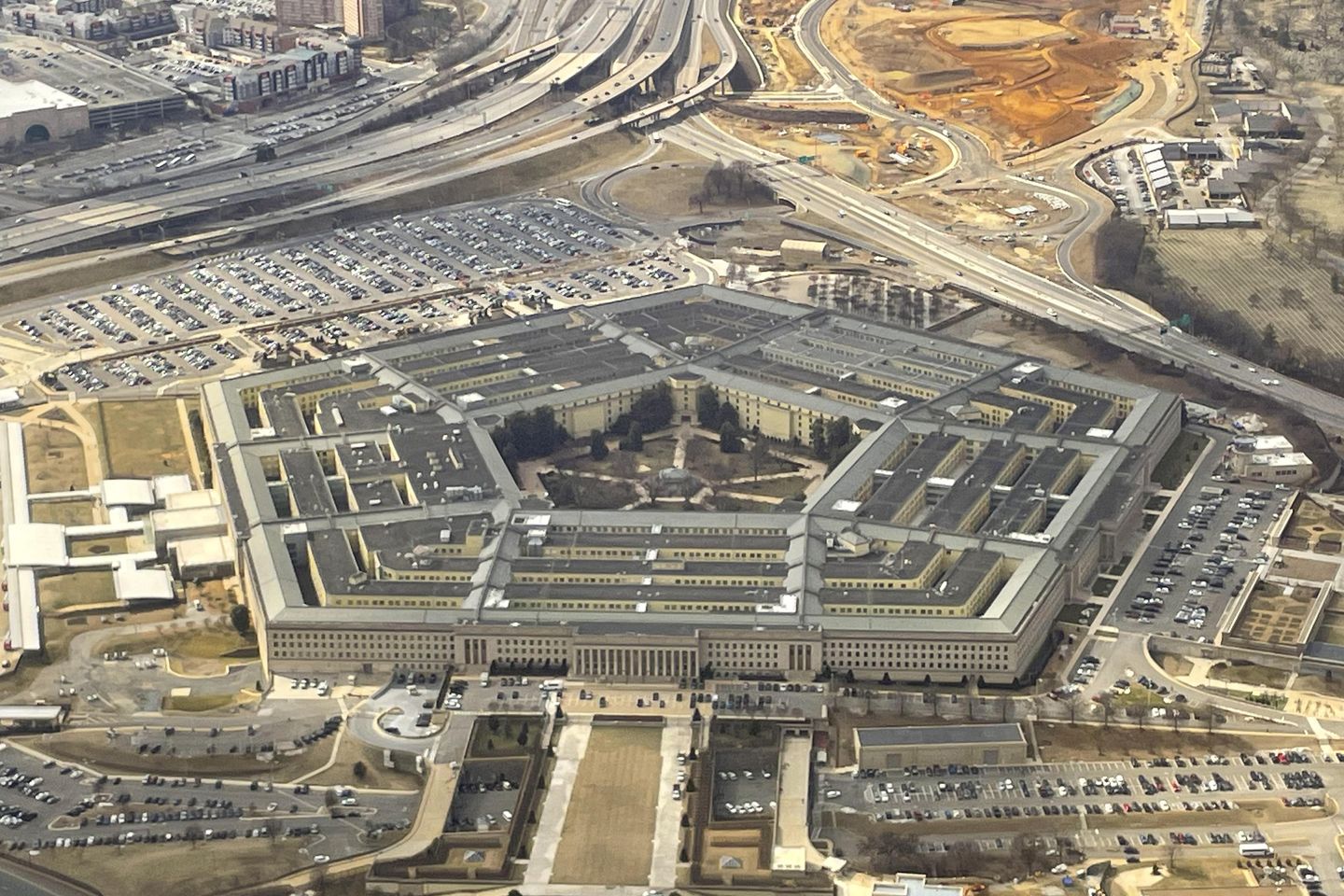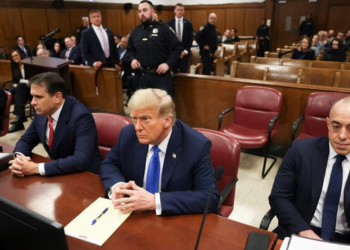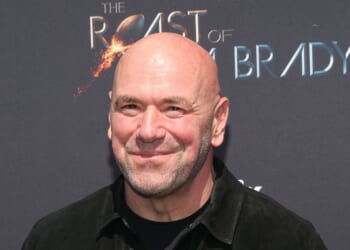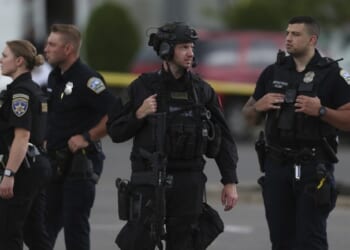
The administration will ask the Supreme Court to revive President Trump’s policy excluding openly transgender troops from serving in the military, a Justice Department lawyer said Tuesday.
Jason Manion said the filing will come “imminently,” and will challenge the injunction issued by a district court in Washington state and tentatively upheld by an appeals court on the West Coast.
“It will be very, very soon,” Mr. Manion said in arguments to another appeals court, the U.S. Circuit Court of Appeals for the District of Columbia, which was hearing oral arguments stemming from another case challenging the policy.
The disputes stem from one of Mr. Trump’s early executive orders instructing the Pentagon to reverse a Biden-era policy that had allowed transgender troops to serve, and instead to revive a policy from the first Trump administration, which had largely excluded them.
Current Defense Secretary Pete Hegseth issued a policy that was even stricter than the previous Trump policy, barring troops diagnosed with gender dysphoria from serving, putting those currently in uniform on leave, and requiring all others to serve in their biological sex.
Lower courts have ruled the policy to be unconstitutional discrimination.
Judge Ana Reyes, whose ruling was being challenged in the D.C. Circuit Tuesday, said the policy was “soaked in animus,” was “unabashedly demeaning” and “stigmatizes transgender persons as inherently unfit.”
Circuit Judge Cornelia Pillard on Tuesday suggested that was a reasonable conclusion given the language Mr. Trump used in his initial executive order. She said that’s compounded by the fact that Mr. Hegseth rushed his policy into action so soon after Mr. Trump’s order.
“We have a sitting president issuing an executive order that has animus on its face, not directing anyone, any panel of experts to study the issue, but simply directing the secretary of Defense to implement a ban on service by transgender persons,” said Judge Pillard, an Obama appointee.
She said she would have expected the administration to at least study how transgender troops did in the years they were allowed to serve under the Biden policy.
Judge Naomi Rao, a Trump appointee, also questioned the government over its categorical approach. She wondered whether the Constitution would require an “individualized determination” that someone was specifically unfit, rather than treating the whole class of transgender troops the same.
At the same time, though, Judge Rao wondered about the justification for lower courts ordering a universal injunction against the policy for all trans troops, not just those who sued.
Shannon Minter, the lawyer for the transgender troops, said he couldn’t see how the court could allow the ban to apply to some members of the military but not others.
“It is a group-based harm,” he said. “They’re being categorized negatively by the government based only on their membership in a group.”
The appeals court spent some time during oral argument pondering whether someone who identifies as transgender but has not been diagnosed with gender dysphoria and is not seeking to transition can still serve.
Under the terms of the policy, they can serve as long as it’s in their biological sex.
But Mr. Minter said there’s still pressure there, and without the policy, some of those who are serving in a biological sex that’s not the same as their gender identity would transition.
The third member of Tuesday’s panel in the circuit court is Judge Gregory Katsas, another Trump appointee.












